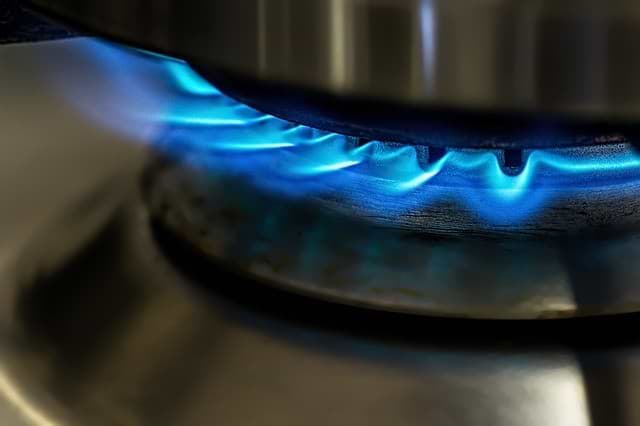
What to Do If There Is a Gas Leak in Your House, According to a Gas Works Licensed Plumber
Over 70 percent of homes in Australia are using natural gas as their heat source. They obtain it either through a network connection or in containers. Unlike other fuel sources, natural gas is regarded as the cleanest and safest option. The only problem with natural gas is that it is prone to leak, and that could spawn safety concerns.
We all know the dangers of a gas leak. It’s not one of those common household plumbing problems that you can ignore for some time. If you fail to respond to it quickly, it might cause poisoning or an explosion. The damage can be so much worse if you are using a network connection because other homes are tapped on it. This is why all homeowners must learn to identify signs and know what to do if there is a gas leak.
Signs of Gas Leak
Natural gas, despite the potency of its source, is essentially invisible. You may be able to see it in dense form, but as soon as it leaks out of the pipe or tank, it instantly dissipates and becomes invisible. So the only way to detect gas leak is through its odour and the sound it creates as it oozes out of a hole or crack.
The smell of natural gas is often likened to that of a rotten egg. That’s a smell you don’t encounter every day so when you detect one, it’s 99 per cent of the time coming from your home’s gas pipes. If you hear a hissing sound coming from any appliance in your home that uses gas, it’s also a clear sign of leak.
If you are relying on a network connection, the leak may occur outside your house, and there’s a bunch of other signs apart from smell and sound that you can watch out for. These signs include dead plants on a particular spot along the path of the gas pipe and bubbles forming in puddles on the ground. In some cases, fire coming out of the ground is also a clear sign that the gas pipe is broken and causing leak.
What to Do If You Suspect a Gas Leak
Your success in preventing gas-related accidents in your home or minimising their potential damage depends on how quickly you can respond to gas leak problems. To help you with that, here are a few tips on what to do if there’s a gas leak in your house.
-
Remember the Things You Shouldn’t Do
– Before you get too worked up doing what you have to do to deal with the situation, take a minute to think about what you shouldn’t do first, because your life is going to depend on it. Do not light a match or any naked flame. Do not smoke. Do not turn any electrical switches on or off. Do not use the doorbell to call everyone’s attention. Do not use your phone.
-
Shut Off the Main Gas Valve
– Like your water distribution system, the gas line has its own shut off valve that you can turn off when you detect a leak. This is usually installed close to the meter so you can easily access it.
-
Open the Doors and Windows
– It won’t remove all the gas from your home but opening as many exterior doors and windows as you can will definitely help release a huge amount of the gas that has been released and accumulated in your house. It will also help lessen the impact in case fire breaks out.
-
Stay Outside and Call for a Professional Plumbing Technician to Fix the Leak
– Don’t try to go back inside the house unless you’re sure all the noxious gases have already dissipated and the leak has been fully patched.
Of course, when you are looking for a plumber to help you stop a leaking pipe, particularly the one that conveys natural gas, make sure to check their professional track record very carefully. You don’t want to hire a plumber who has never dealt with gas before. The best plumber to call in is one with a gas works license, such as FIXME Plumbing, so you can be sure they know what they are doing.

